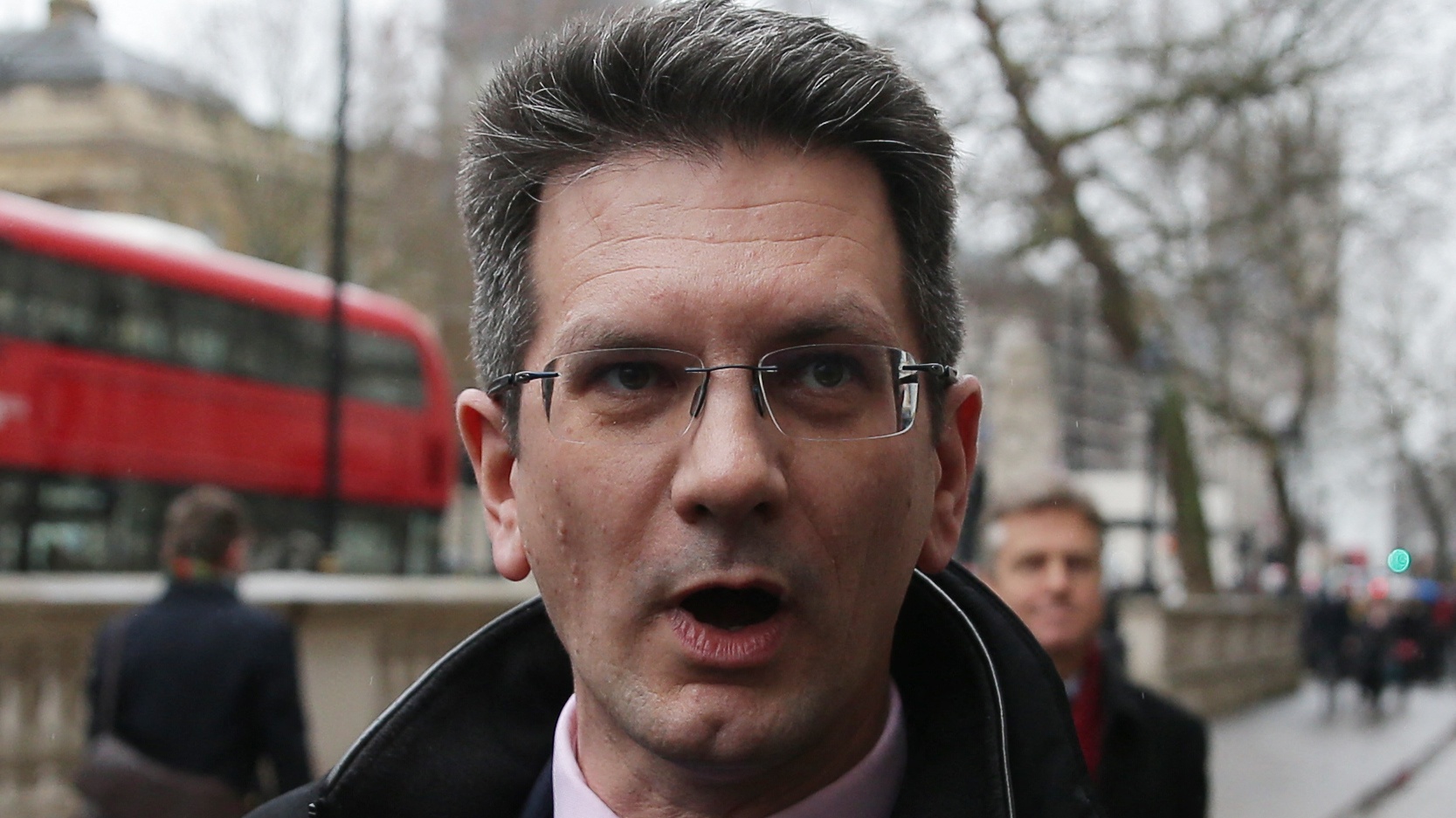What is the Covid Recovery Group?
Lockdown-sceptic MPs have called on ministers to ‘hold firm’ against imposing more Covid restrictions

A free daily email with the biggest news stories of the day – and the best features from TheWeek.com
You are now subscribed
Your newsletter sign-up was successful
Boris Johnson is under pressure from members of his own party to dismiss calls for lockdown restrictions over Christmas for the second year in a row.
After a long cabinet meeting yesterday, the prime minister did not announce any new measures, but said Covid data was being reviewed “hour by hour” as England recorded nearly 92,000 new daily cases.
The Times reported that “at least ten cabinet ministers”, including Chancellor Rishi Sunak, were resisting calls from scientific advisers to introduce tougher Covid curbing measures before Christmas. But there is also an increasingly influential group of backbench MPs, the Covid Recovery Group (CRG), calling on the PM to “hold firm” against imposing “knee-jerk restrictions”.
The Week
Escape your echo chamber. Get the facts behind the news, plus analysis from multiple perspectives.

Sign up for The Week's Free Newsletters
From our morning news briefing to a weekly Good News Newsletter, get the best of The Week delivered directly to your inbox.
From our morning news briefing to a weekly Good News Newsletter, get the best of The Week delivered directly to your inbox.
“Lockdowns, of any kind, should not become the default policy choice. Ministers need to balance wider impacts, not just Covid data,” Mark Harper, chairman of the group, told the Daily Mail. Deputy chair Steve Baker warned that there could be an “extremely adverse” reaction from Tory MPs who were told that the lifting of lockdown restrictions would be “irreversible”.
What is the CRG?
The backbench group of lockdown sceptics was formed in November 2020 over fears of another national lockdown. It is made up of Tory MPs who voted against the introduction of a second national lockdown last year and opposed continued restrictions. It is an informal group and therefore not part of the House of Commons.
The group, seen as an “echo” of the European Research Group, who successfully took down Theresa May’s Brexit deal, published three “guiding principles” at its launch, reported The Telegraph at the time.
A free daily email with the biggest news stories of the day – and the best features from TheWeek.com
Its chief request is that ministers undertake and publish a full cost-benefit analysis of restrictions on a regional basis looking at the economic and health costs of a lockdown.
The second is to ask that ministers end the “monopoly” on advice of government scientists and allow them to be challenged by “competitive, multi-disciplinary expert groups”, reported The Telegraph.
“The Government should publish the models that inform policies so they can be reviewed by the public,” the group said.
The third demand, as outlined back in November of last year, was to improve Covid curbing measures, by “boosting the performance of NHS Test and Trace by shifting resources to local public health teams to lead contact tracing and break the chain of transmission”.
Who is in the group?
Its chairman is former government chief whip Mark Harper, while former Brexit minister Steve Baker is his deputy. Chair of the 1922 Committee Sir Graham Brady is also a member, according to Alain Tolhurst at PoliticsHome.
At the group’s inception it had 50 members, although the number is thought to have swelled to at least 70 by late November 2020, as more MPs backed the group’s position that it would not vote for the introduction of a three-tiered system of Covid restrictions “without first seeing a cost-benefit analysis”, reported The Guardian at the time.
Will they pose a problem for Johnson?
The CRG may model itself after the decades-old European Research Group, but they don’t seem “quite so set to achieve their aims”, wrote Tolhurst for PoliticsHome in February. While their voices have been “loudly amplified by supporters in the media who share their aims of getting life back to normal”, their critics insisted “they do not speak for anyone much beyond themselves”.
One Conservative MP told the website that they were considered to be at “the extremist end of the proposition”, with their calls to remove restrictions by 1 May 2021, and other rebellions instigated by the group fell “flat” as the tide turned on opposing coronavirus restrictions with the discovery of the so-called Kent variant in September 2020.
But while Tory MPs may have “reluctantly” voted for lockdown restrictions over the last two years, “their patience has clearly run thin and their organisation is increasing under the leadership of Steve Baker and Mark Harper, with their Covid Recovery Group”, wrote Rowena Mason in The Guardian.
The group is already making life more difficult for the prime minister, forcing him to promise that he would go to parliament to seek the permission of MPs if he wanted to introduce further restrictions. They were also a key part of the largest rebellion of Johnson’s backbench MPs since the beginning of his premiership, as nearly 100 Tory MPs voted against mandatory Covid passports last week.
And the group may have expanded in number in reaction to the introduction of so-called Plan B earlier this month. On the eve of the Commons vote, The Telegraph reported that members of the group had “grown” in the 24 hours leading up to the vote as Tory backbenchers asked to be added to its WhatsApp group, while Harper told the paper there was “definitely an increase” in the number of Conservatives concerned about Covid restrictions.